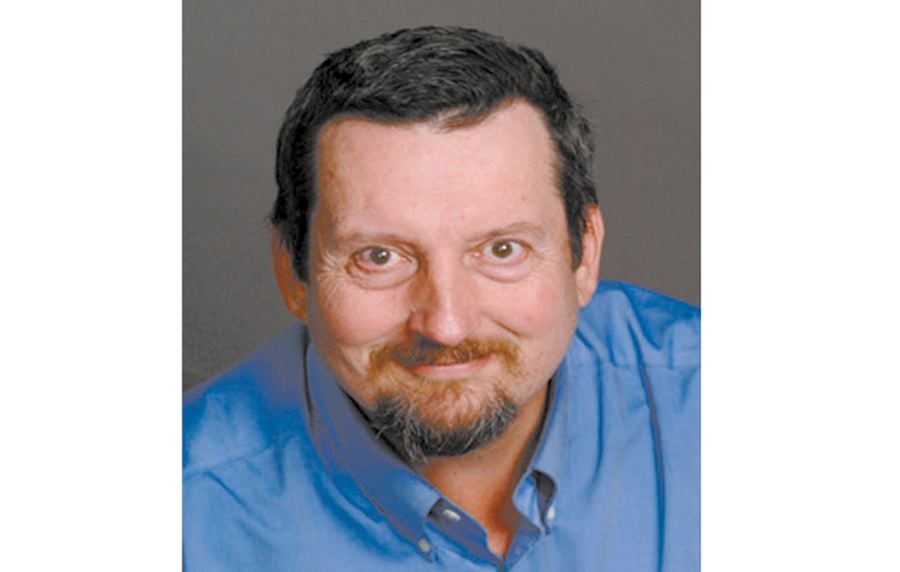The government finally passed bill C-14 "An Act to change the Criminal Code and make related amendments to other Acts (medical assistance in dying)."
The stated purpose is to amend the Criminal Code to create "exemptions from the offences of culpable homicide, of aiding a suicide and of administering a noxious thing, in order to permit medical practitioners and nurse practitioners to provide medical assistance in dying and to permit pharmacists and other persons to assist in the process."
The legislation is also intended to lay out the conditions under which such aid can be rendered.
It is difficult legislation. Difficult to talk about. Difficult to consider. Difficult to discuss.
A few years ago, my siblings and I had to make a decision about my mother. She was in a medically-induced coma. Her bowel had ripped open and she was suffering from ascending peritonitis. The question we faced was whether to try to have the surgeons perform heroic surgery which stood a good chance of killing her or to just stop medication and let her go.
It was the hardest decision of my life even though we were all involved in making it. To this day, I am not sure that we made the right one. But in her case, death was reasonably imminent as she passed minutes after the doctors withdrew treatment.
This was not an assisted suicide. It was not something covered by this legislation. But it is the sort of decision many, many people face daily when dealing with elder or infirm parents or relatives. In a world where medical advances can, in some cases, extend life for years, when is it time to call for a stop? When is enough, enough? And who gets to decide?
I don't know the answer. I wish I did.
But it is certainly the difficult decision people living with terminal illnesses, chronic pain, and other forms of disease must deal with. There is no way to judge the pain someone else is feeling nor to truly assess the impact their illness has on their life.
It is an intensely personal, difficult decision.
At the same time, it is a decision which can be influenced by family and friends, by societal expectations, by the medical profession, by popular culture, and by a host of external factors.
Consider the world famous physicist Stephen Hawking. His body has suffered the ravages of ALS but his mind is still sharp and he is a contributing member of the scientific community. He has been made famous through his writing for the public in A Brief History of Time and by his very condition. Most people don't know about his scientific work on evaporating black holes.
But would he continue to push his body if he wasn't a significant publishing physicist? Did his celebrity give him incentive to live? I have no idea one way or the other but I have heard people say that if he can live so long and have such a productive life, others should be able to bear up under the disease.
Who can really say? Everyone faces their pain and suffering alone.
With Bill C-14, the government does appear to be on the right side of this issue. In a 2014 poll, 84 per cent of Canadians surveyed said they agreed with the statement "a doctor should be able to help someone end their life if the person is a competent adult who is terminally ill, suffering unbearably and repeatedly asks for assistance to die."
Certainly the Supreme Court of Canada made its opinion quite clear in their ruling. On Feb. 6, 2015, the court unanimously ruled to overturn a legal ban on doctor-assisted suicide. It ruled that the laws should be amended to allow doctors to assist in special cases.
The result is Bill C-14.
Did the government get it right? Many people, including more than a few senators, think the legislation is flawed and it has been attacked on both sides for either not going far enough or for going way too far.
It contains the provision that a person's death must be "reasonably foreseeable." This language has stirred up controversy. The initial Supreme Court ruling was on the case of Kay Carter who had spinal stenosis and eventually died at a clinic in Switzerland in 2010. The phrase "reasonably foreseeable" wouldn't have applied - a point made by Conservative Senator Daniel Lang in voting against the legislation.
On the other hand, Liberal Senator Jim Munson pointed out it is better to have a bill than no bill at all. At least we have working legislation which can be shaped and changed with time and consideration.
Similar sentiments on both sides of the debate were expressed in the House by Members of Parliament.
Did they get it right? Only time will tell.



